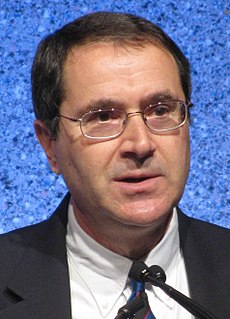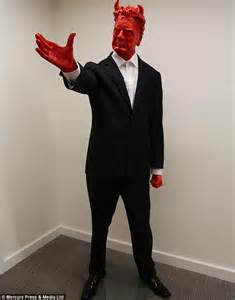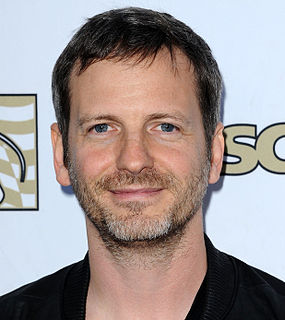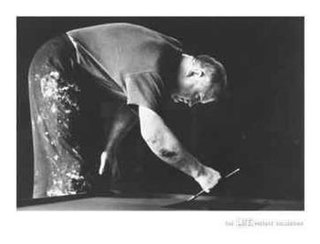A Quote by David Galenson
It's not curators, it's not critics, it's not the public, it's not collectors who find great artists - it's other artists.
Quote Topics
Related Quotes
I see around 100 shows a month, going from Niketown-size palaces where you feel like yelling, to storefronts in Bushwick. Each has to pay the bills; keep artists happy; and cope with collectors (oy!), curators (ay-yi-yi), critics (woo-hoo!), and occasionally plumbers. That their fiscal life often hangs in the balance only adds to the energy.
Every movement that slays its gods creates new ones, of course. I loathe talk of the sixties and seventies being a 'Greatest Generation' of artists, but if we're going to use such idiotic appellations, let this one also be applied to the artists, curators, and gallerists who emerged in the first half of the nineties.


































